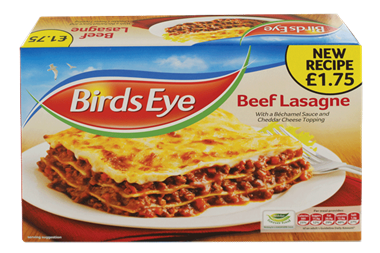High consumption of processed meat is likely to increase a person’s risk of cardiovascular disease, cancer and early death, a study of nearly half a million people has suggested.
Researchers at the University of Zurich asked 450,000 people from 10 European countries to record their diet over a 12-month period. The participants were then tracked over 12 years. The study found that those consuming more than 160g of processed meat a day were 44% more likely to die than those consuming 20g.
The report placed the blame on the high levels of cholesterol and saturated fats in processed meats. It also suggested that carcinogenic substances formed through salting, pickling or smoking might be the cause of an increase in cancer mortality among people who eat large amounts.
The study took into account other factors, such as smoking or an unhealthy lifestyle, that could contribute to high mortality rates. “After adjusting for smoking, obesity and other confounders, we think there is a risk of eating processed meat,” Prof Sabine Rohrmann of the Institute of Social and Preventive Medicine at the University of Zurich told the BBC.
Horsemeat scandal
“Stopping smoking is more important than cutting meat, but I would recommend people reduce their meat intake.”
However, researchers acknowledged that meat was also an important source of vitamins. “Therefore, the moderate consumption of up to 40g a day doesn’t increase the mortality risk,” Rohrmann said. The research was published in the journal BMC Medicine.
Dr Carrie Ruxton, a dietician on the Meat Advisory Panel, which is funded by the meat industry, said the study’s approach was “uncontrolled” and added it was difficult to separate other factors such as smoking and alcohol consumption. “It’s an interesting study, but I don’t think we should [use it to] change anyone’s habits. People should continue to eat processed meat in moderation,” she said.
Ruxton suggested that people should consider switching over to “lean red meat” such as lamb, pork and mince. “It’s lower in fat and salt and has masses of nutritional benefits.”
The publication of the study comes as the processed meat industry continues to struggle with the fallout from the horsemeat scandal. Figures published in February indicated that frozen burger sales have dropped 40% year-on-year in the wake of the scandal.



















No comments yet